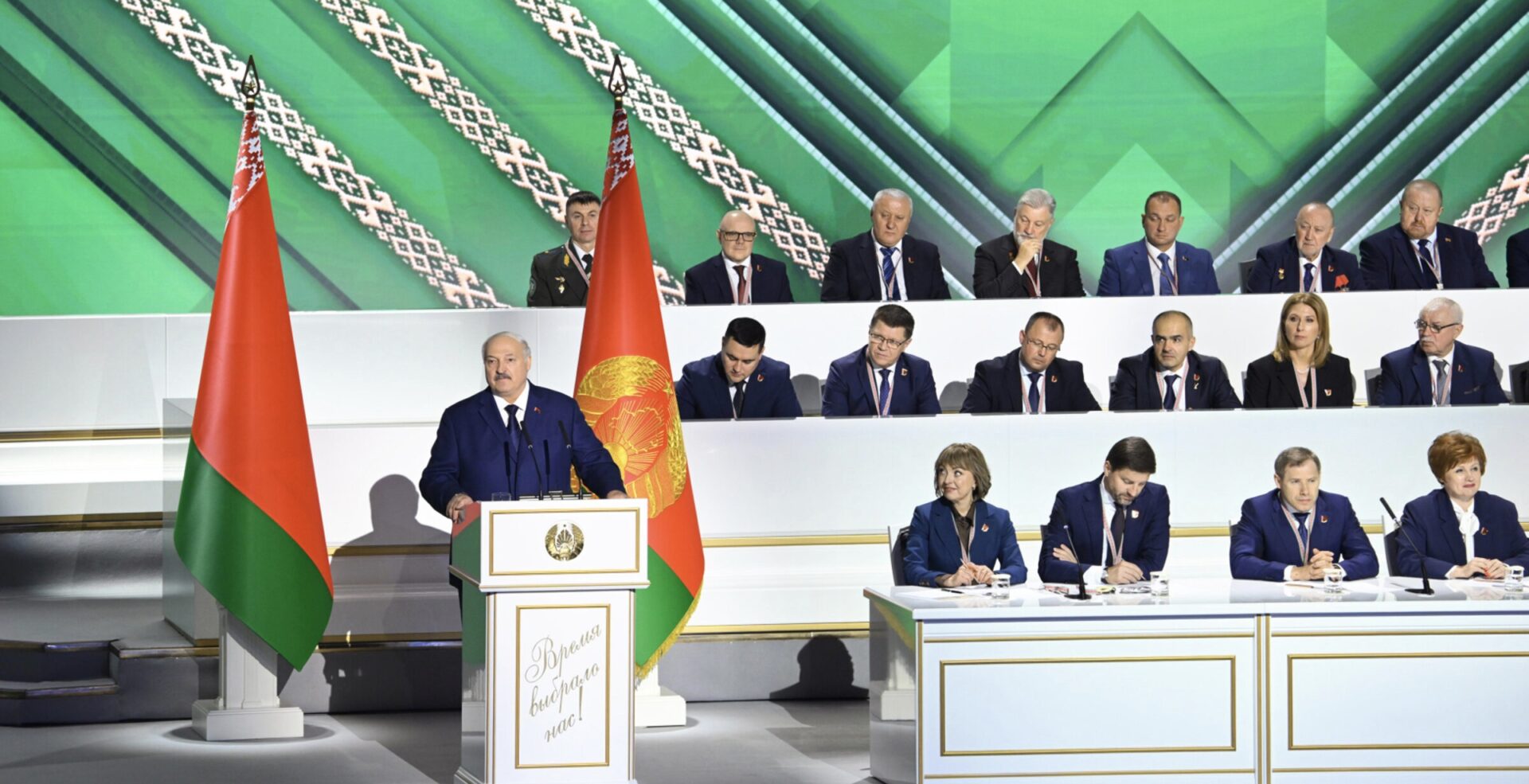
Post-War Status Quo in South Caucasus Trembles While Russia Fights on in Ukraine
Post-War Status Quo in South Caucasus Trembles While Russia Fights on in Ukraine
On March 10, Azerbaijan’s Ministry of Defense reported that the illegal Armenian armed detachment in the Karabakh region of Azerbaijan, where Russian peacekeepers are temporarily deployed, fired at the positions of the Azerbaijani Armed Forces, in the direction of the Aghdam, Khojavend and Fuzuli regions (Mod.gov.az, March 10). According to the Ministry, the Azerbaijani side responded proportionately, and the clashes calmed down without any casualties on their side. The Armenians also reported no casualties in the exchange. In contrast, on March 7, the Armenian side reported that one of its soldiers was killed along the border with Azerbaijan’s exclave of Nakhchivan—a charge that Baku has denied (Panorama.am, March 7; Azernews, March 8).
Since the beginning of March, amidst the ongoing war between Russia and Ukraine, armed clashes between of Azerbaijan and Armenia have intensified, not only inside the Karabakh region but also along the two countries’ shared state border. Tensions are escalating against the backdrop of increasing discontent in Azerbaijan with some recent activities of Russia’s peacekeeping mission, exacerbated by their failure to ensure the withdrawal of the Armenian Armed Forces from the Azerbaijani territories, in accordance with the trilateral (Russia, Armenia, Azerbaijan) statement of November 10, 2020, which had ended the Second Karabakh War (see EDM, September 22, 2021).
On March 7, Azerbaijan protested information shared by Russia’s Ministry of Defense about the shipment of humanitarian aid by “Nagorno-Karabakh” to Kyiv and Zaporozhe oblasts of Ukraine (News.ru, March 7). The Azerbaijani defense ministry called upon the Russian side “to stop the practice of referring to the sovereign territories of Azerbaijan by the names of administrative-territorial units that do not exist in Azerbaijan.” The Ministry warned, “Such statements could damage Azerbaijani-Russian relations and escalate tensions along Azerbaijani territories, where Russian peacekeepers are temporarily stationed” (Report.az, March 7).
A harsher reaction was expressed in the Azerbaijani media. For example, one major outlet accused the Russian side of ignoring or even “covering up” the provocative moves of the occupying Armenian armed detachment and local Armenian separatist authorities. According to the media source, such developments have entirely undermined earlier expectations that Russia’s peacekeepers would positively contribute to regional peace and security (Azernews.az, March 8).
Azerbaijan also protested Armenia’s misuse of the Lachin corridor (which links the Karabakh region of Azerbaijan with Armenia), under the watch of the Russian peacekeeping mission. A letter sent by the Azerbaijani Cabinet of Ministers to various international organizations—including the Russian Ministry of Foreign Affairs, the secretary general of the North Atlantic Treaty Organization (NATO) as well as the office of the High Representative of the European Union for Foreign Affairs and Security Policy—accused Armenia of attempting to use the corridor “for military purposes rather than [its] intended [humanitarian] purposes” (Azernews.az, March 10).
The recent sporadic clashes between Armenians and Azerbaijanis may be a precursor of a larger crisis, if Baku sees Yerevan continuing to drag its feet on withdrawing the Armenian military forces from Azerbaijan’s regained western territories. Meanwhile, Russia’s policies concerning this dispute could be critically affected by the results of its war in Ukraine.
For instance, Armenian analyst Tigran Grigorian believes that “Russia, isolated from the West [due to its February 24 large-scale attack on Ukraine], will try to increase its influence in the regions it [already] controls.” This could entail attempts to deepen and expand the integration processes within Russia-led regionalist projects. As Grigorian warned, this would further restrict Armenia’s sovereignty (Civilnet.am, March 1).
For Azerbaijan, its alliance with Turkey is a guarantee against any adverse geopolitical situation in the region. Baku and Ankara are building up their military ties in the aftermath of the 2020 Second Karabakh War and, in particular, since they signed a declaration on allied relations in June 2021 (see EDM, June 23, 2021).
This is why there are presently groups in Armenia calling on Russia to take more measures to protect its influence in the South Caucasus and prevent “a new Turkey-NATO threat on Russia’s southern frontiers” (Russiancouncil.ru, March 3). For example, prominent Armenian analysts Pietro Shakarian and Benjamin Poghosian, in a piece in the Russian media, appeal to Moscow “to strengthen the strategic alliance between Russia and Armenia, with the aim of preventing Turkey, and by extension NATO, from establishing any domination in the post-Soviet Transcaucasia [South Caucasus]” (Russiancouncil.ru, March 3). However, in recent years, Russia and Turkey managed to find some areas of consensus regarding their respective modus operandi in various parts of the world. At present, while bogged down in its war against Ukraine and isolated from most of the international community, Russia is unlikely to try to raise tensions with Turkey in the South Caucasus.
With Moscow mainly focused on the situation in Ukraine, some thus-far-unverified information posted to Telegram claim that Russia is deploying part of its peacekeeping mission in Karabakh to the Ukrainian theater. Moreover, on March 13, the Ukrainian General Staff named “Nagorno-Karabakh” among regions, along with Serbia and Syria, from where Russia is purportedly bringing fighters to support its military operations (Kyiv Independent, March 13). Thus, the fate of this war will not only determine the future of Ukraine but also promises to transform the situation in other parts of the post-Soviet space.


